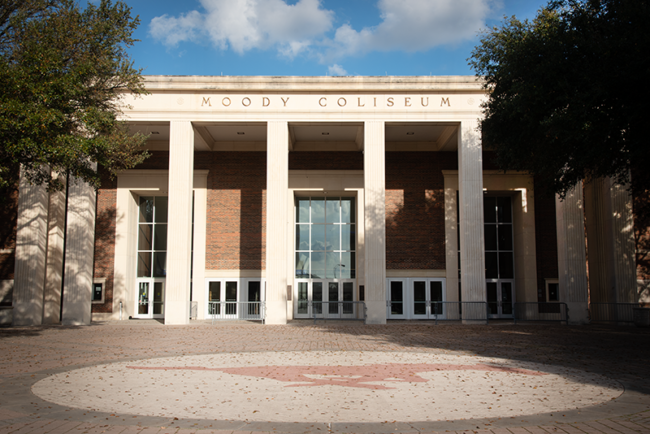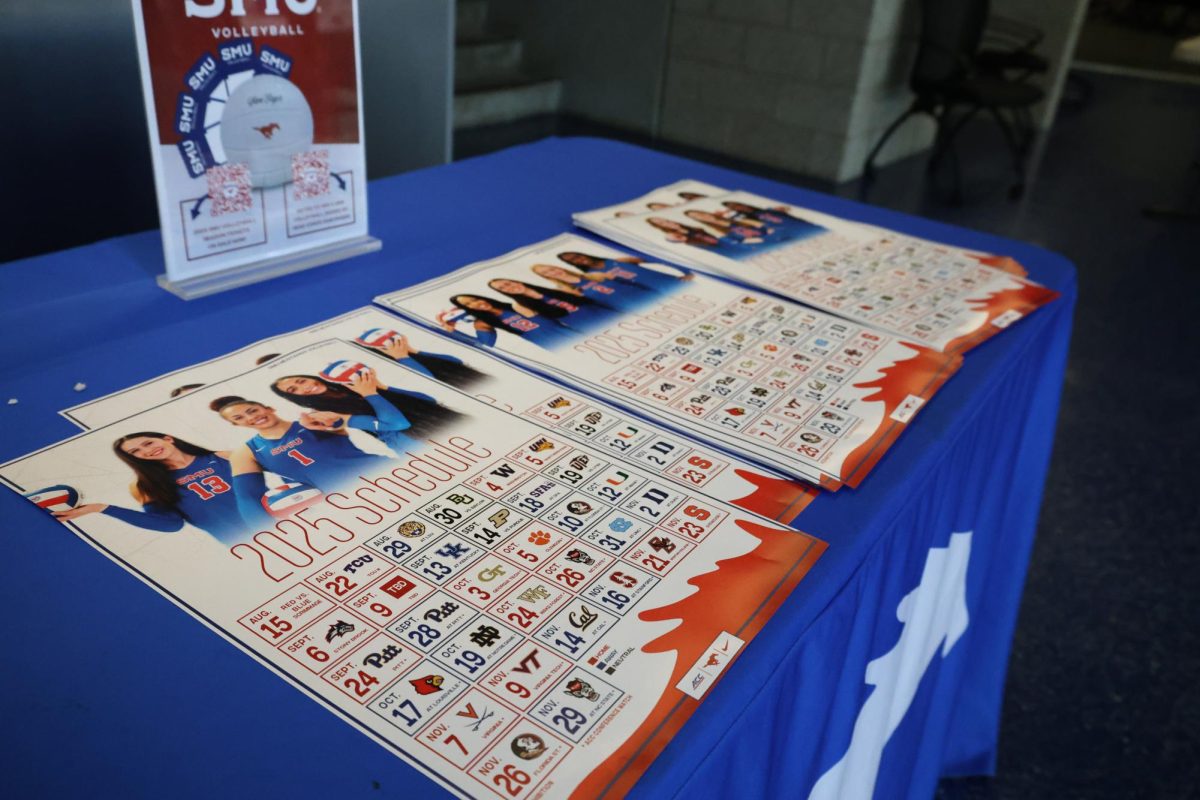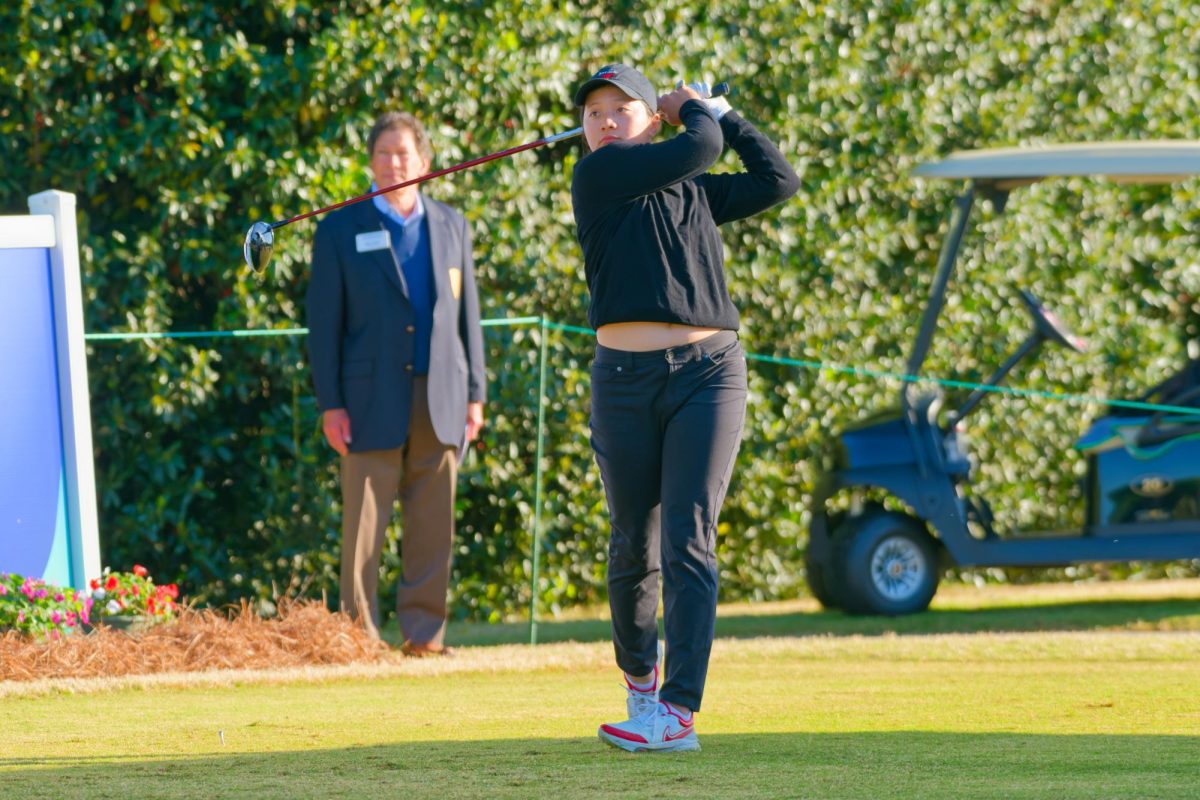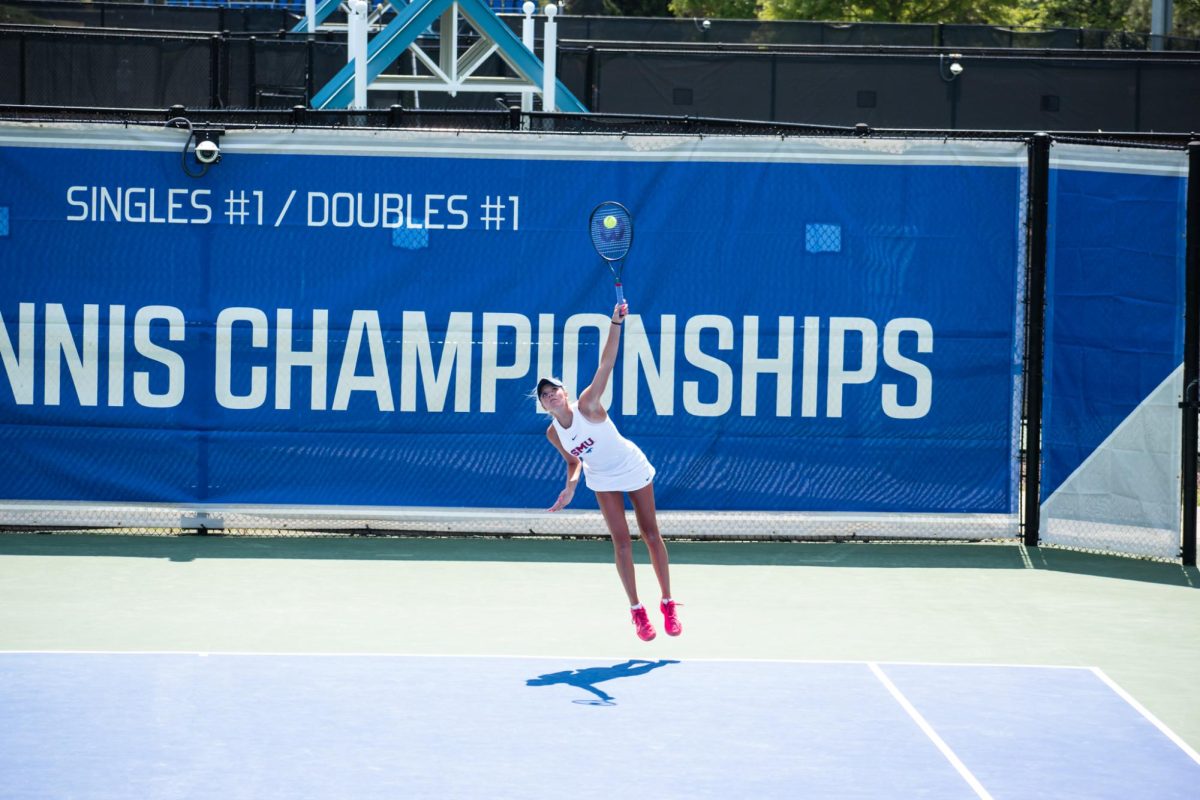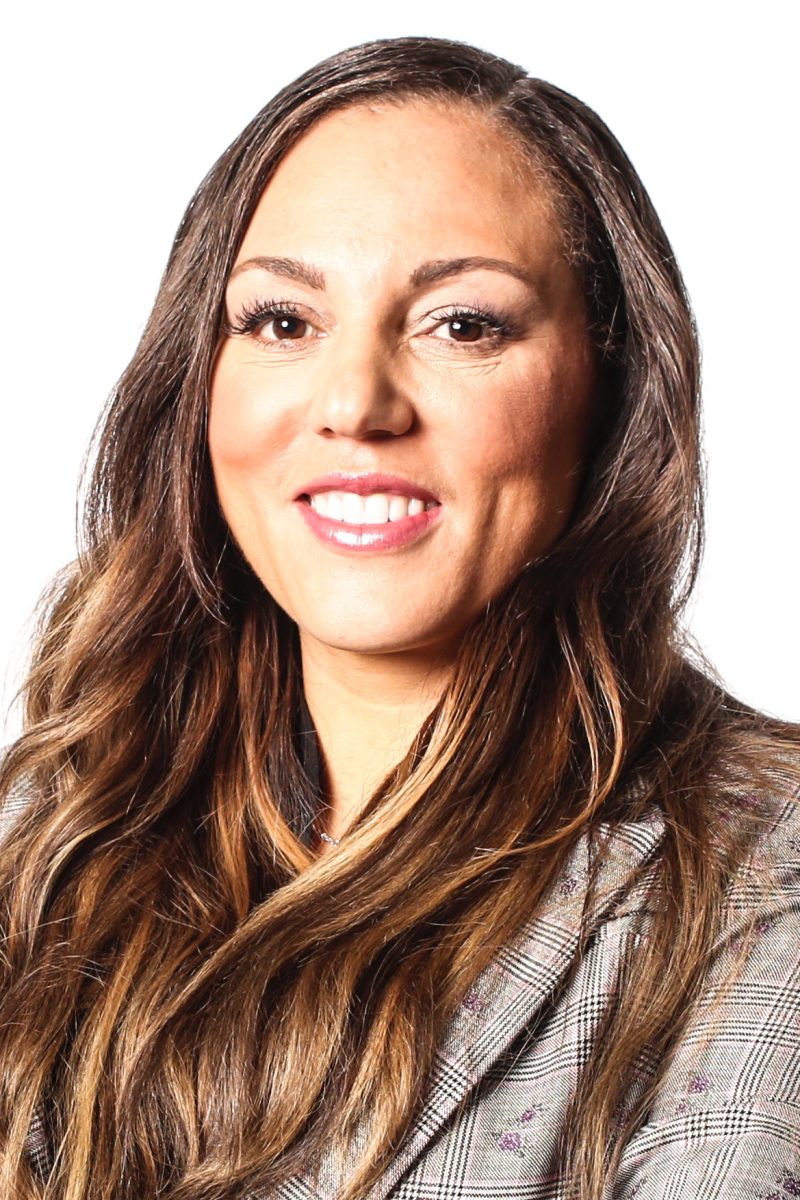The Daily Campus will continue to update this story as more information comes in. This story was last updated on 6/15/2020 at 8:30 p.m.
As the first wave of student-athletes returned to campus on Monday, SMU’s athletic department required returnees to sign a legal document alleviating the university of liability.
The document itself first surfaced in a report by The Dallas Morning News, and was later confirmed by three student-athletes, across two sports, in interviews with The Daily Campus. Those athletes indicated that the document was meant to prevent players from pursuing litigation against the university, or athletic department, surrounding COVID-19 complications.
“(I) hereby waive and release SMU, its employees, trustees, officers and agents from and against any claims… of any nature whatsoever, whether known or unknown, for any injury, loss, or damage, due to contracting the COVID-19 virus,” the document reads.
The electronic form does require student-athletes who are under the age of 18 to have a parent or guardian sign as well.
The document, titled “Acknowledgment of Risk For COVID-19 Summer 2020,” also covers the fact that students were aware of the Center for Disease Control’s (CDC) guidelines about the coronavirus before returning to campus, and they had the “opportunity to ask questions” to SMU about any concerns.
It is unknown at this time if this is a legally binding document. However, the final paragraph of writing indicates that the only “forum” for future litigation regarding athletes’ participation in the summer workouts would be with the state of Texas.
“If any part of this agreement is held to be invalid or unenforceable, the remainder of the agreement shall remain in full force and effect” the document reads.
At the end of the document, athletes have the option of both agreeing to play and declining to participate. Student-athletes who decline to come to campus out of medical concerns can file paperwork for medical hardship or medical exemption. Their scholarship, according to the document, will be unaffected.
“I have considered all of these risks, made my own inquiry and investigation, and voluntarily agree to assume (those risks),” the document reads for those who signed. “I willingly and voluntarily chose to participate in intercollegiate athletics on the SMU campus.”
Monday marked the first day of SMU’s three-phase plan to bring athletes back to campus. Around 80 athletes arrived in Dallas, with more set to return on July 6 and July 13. Each successive phase, that builds to full-contact practicing and the sharing of game balls, will be implemented every two weeks.
Similar legal documents have popped up around the country as other universities bring their student-athletes back for practice prior to the fall sports season. Most notably, Ohio State University made national news for the “Buckeye Pledge” that required student-athletes to assume legal responsibility for their return. Indiana University, which has been reported as the originator of this idea, also has asked their student-athletes to sign upon arrival to campus.
At SMU specifically, both Athletic Director Rick Hart and Head Football Coach Sonny Dykes have released video statements stating they were comfortable with the protocols put in place to keep student-athletes virus-free. All athletes will be tested with an antibody test, determining if the person has ever had the disease, and a diagnostic test, monitoring active cases, when they arrive.
Furthermore, as was detailed in a story by The Daily Campus last week, athletes who test positive will be quarantined for two weeks. Other measures, like restricted locker room and weight room access, have also been taken.
It is still unknown if SMU will report student-athletes who test positive publicly. Two SMU employees tested positive for the virus this week, with one more suspected case. All other Texas universities that have returned student-athletes in any capacity have reported some number of positive cases. The University of Houston, a school that did not have testing for student-athletes, had to shut down return protocols after six athletes were reported to have the virus.
American Athletic Conference Commissioner Mike Aresco said in an interview on Monday that all conference members, which includes SMU, will have to have some sort of testing by the fall.



